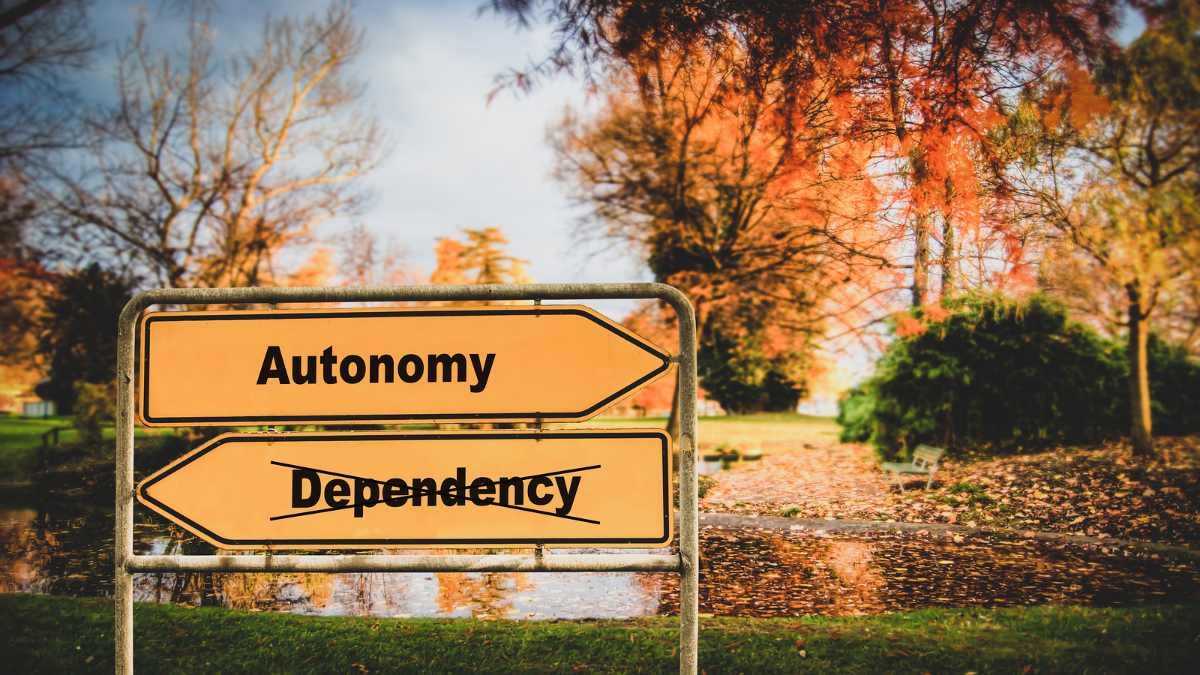
Is ‘autonomy’ the central issue in the Vincent Lambert debate?
Two British bioethicists at loggerheads
One of the central issues in the case of Vincent Lambert, the 42-year-old French nurse who became a quadriplegic living in a “vegetative state” in 2008, is whether or not he wants to die, or would want to die. As we report in this week’s newsletter, France’s highest court decreed last week that doctors may remove him from life support.
This provoked an interesting exchange on Oxford University’s Practical Ethics blog between Dominic Wilkinson, a neonatologist and bioethicist, and Charles Foster, a barrister and expert in medical law.
Wilkinson’s reaction to the long and complicated saga was this:
The only defensible ethical response to reasonable disagreement in cases like that of Vincent Lambert is to make decisions based on his values and wishes. If, as is claimed by Vincent’s wife, Vincent would not have wished to remain alive, then the wishes of his parents, of other doctors or of the Pope, are irrelevant. My views or your views on the matter, likewise, are of no consequence. Only Vincent’s wishes matter. And so life support must stop.
In short, autonomy trumps all other considerations.
Foster, a sceptic of the dominance of autonomy in bioethics, used the occasion to make a broader point:
I say nothing here about my agreement or otherwise with his view – which is comfortably in accord with the zeitgeist, at least in the academy. My purpose is only to point out that if he is right, there is no conceivable justification for a department of medical ethics…
If he is right, autonomy is the only ethically relevant principle. There are no queasy questions about identity, personhood or authenticity. And our boundaries are easily defined: we bleed into nobody, and nobody bleeds into us.
By ‘autonomy’ is evidently meant the expressed wishes of the capacitous and the previously expressed or presumed wishes of the incapacitous. If the principle is so self-evidently true for end-of-life situations, it is hard to see why it is not the key that unlocks all problems in clinical ethics. Questions about embryo manipulation evaporate once one observes the benefit that can accrue to already autonomous creatures from the use of non-autonomous creatures. Questions about abortion are similarly trivial. Questions about organ donation and other post-mortem use of tissue are determined in exactly the same way as Dom urges that Lambert’s fate should be decided. There are no remaining philosophical questions. Even resource allocation questions become ethically easy. The value system relevant for the utilitarian calculus is autonomy: one simply has to work out how to maximise the amount of autonomy in the world.
There is still plenty to discuss, of course. But the remaining discussion is for lawyers, public policy makers, and health economists. … the philosophers’ work is done. It would be kind, but hardly essential, to invite them to meetings (in the Law Faculty) about medical law. But a department of their own? It can’t be justified in these straitened times.
Michael Cook is editor of BioEdge
Creative commons
https://www.bioedge.org/images/2008images/FB-Street-Sign-The-Direction-Way–306758230_(1).jpg
autonomy
- How long can you put off seeing the doctor because of lockdowns? - December 3, 2021
- House of Lords debates assisted suicide—again - October 28, 2021
- Spanish government tries to restrict conscientious objection - October 28, 2021
